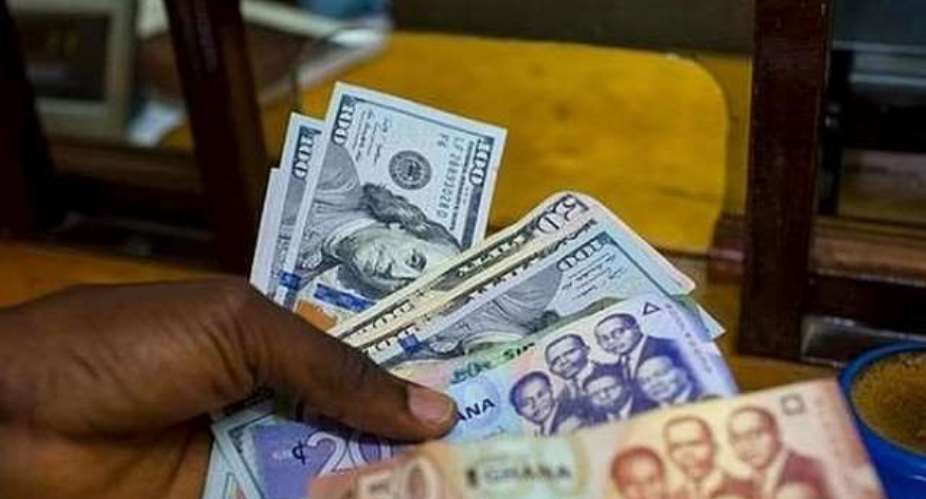The Minority in Parliament has raised sharp concerns over the management of Ghana’s foreign exchange regime, insisting that with the billions of dollars spent on market interventions the Ghana cedi should be trading at around GH₵8 to the United States dollar rather than hovering around its present levels. The caucus believes that the current performance of the currency exposes weaknesses in the government’s economic strategy and highlights what they describe as poor prioritisation of national resources.
According to the Minority, the Bank of Ghana’s heavy reliance on foreign exchange injections is not producing meaningful or sustainable results. They argue that consistent interventions without structural reforms only create temporary relief while weakening the country’s reserves. Over time this approach builds long term vulnerability into the economy especially in the face of global shocks.
Addressing the media in Parliament the Minority spokesperson on finance revealed that foreign exchange support has surpassed billions within the last few years yet the cedi continues to depreciate more rapidly than expected. In their view such huge spending should have significantly improved the stability of the currency. Instead the cedi is seen slipping further and exerting pressure on the cost of living businesses and import dependent sectors.
The caucus further argued that the government has failed to strengthen key export earning sectors such as cocoa gold oil manufacturing and agribusiness. Without these productive pillars they believe the cedi will continue to struggle regardless of how much money is spent in the market. They also pointed out that the country has not diversified its export mix leaving Ghana vulnerable to fluctuations in global commodity prices.
Economic analysts have expressed similar concerns noting that while foreign exchange support can provide short term relief it cannot fix structural imbalances. Several experts believe that currency stability requires a stronger industrial base improved export performance enhanced tourism revenue and better investment flows. Some have warned that continuous reliance on interventions risks depleting reserves and weakening investor confidence.
The Minority also criticised the government for what they describe as a lack of transparency in the management of reserves. They called on the Bank of Ghana to provide clear data on the scale of interventions the timeline for support and the expected outcomes. They argued that the public deserves to know how much is being spent and what results are being achieved.
Businesses have also weighed in with many importers saying that the unpredictable movement of the cedi is making planning extremely difficult. They note that prices of goods particularly those sourced from abroad change frequently leaving traders and consumers uncertain. Some small business owners said fluctuating exchange rates are eroding their profits and making expansion impossible.
The debate over the cedi’s stability has become a major political and economic issue as the country navigates sluggish growth rising inflation and high levels of debt. The Minority maintains that the government must adopt a more sustainable approach that builds local capacity improves exports enhances revenue and reduces the pressure on foreign exchange.
For many Ghanaians the strength of the cedi directly affects the cost of fuel food transportation household items and school expenses. The Minority’s argument is grounded in the belief that restoring stability to the currency will significantly improve economic conditions for millions.
As discussions continue economists are calling for a national consensus that strengthens productive sectors encourages domestic manufacturing and improves export competitiveness. They insist that without a shift toward a more productive economy the cedi will remain vulnerable even with billions spent on interventions.

